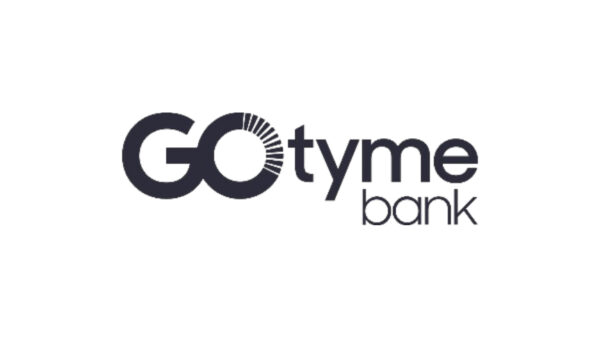Loans are an essential part of modern life, helping most of us achieve the cornerstone purchases in life – buying a house, funding a wedding or starting a business to name but a few. Towards the end of last year, the UK’s outstanding lending and consumer credit debt closed in on the £1.5 trillion mark – a rather incomprehensible number but a solid indicator of the prevalence of loans in today’s society.
If you’ve researched alternative funding methods, you’ve probably already looked at making an application, and the factors that can affect that application. One of those factors is your job status, but does your line of work impact your ability to get a loan?
To better understand this, it makes sense to look first at what lenders want to see and what you can show as a potential candidate.
What are lenders looking for?
There are two primary things lenders are interested in: your credit rating and your borrowing power.
Your credit rating is essentially your financial report card – a score to represent how well you manage your money and your financial obligations. Things like the timeliness of your bill repayments, management of your credit cards and extent of your credit history all play a factor. If you’re not clued in on credit scores and how they work, researching this should be your first port of call.
Your borrowing power relies on a variety of things. Your sources of income, savings, current debts, investments and spending habits are considered here, with the lender looking to calculate how capable you are of repaying your proposed sum of debt. Within this, comes your current job status and earnings, but more on that later.

How can you boost your application?
There are plenty of ways to boost your application:
- Pick the right lender
- Make realistic and affordable applications
- Work to build your credit score before your application
- Show lenders you’re in a position of stability
- Ensure you’re not linked to anyone with a poor borrowing history
Again, displaying a sense of stability to lenders suggests your job may play a factor, but there is more to this than what sort of career you’re in.
So, can your job sector affect your application?
From understanding lender priorities and the ways to boost your application, it’s clear your job does matter. The sector you work in specifically, however, doesn’t seem to make a difference.
With regards to your employment, lenders are more interested in stability and income than the industry itself. They want to see you in a steady job long term, with moves that represent progression up the career ladder and a good, solid source of income.
Where sector can play a part is if you’ve just moved jobs, and particularly if you’re starting afresh in a new industry. If you’re changing to a similar job with a similar pay structure, this shouldn’t be a concern. However, if you are moving to an entirely new trade, changing your pay structure (ie. introducing commission or other incentives) or are making a lot of lateral moves, you may have some questions to answer.
Essentially, lenders are looking for future financial stability. An established job with progression opportunities in a familiar sector suggests you’ll be reliable. Moving into new work, fluctuating pay and flicking between roles suggests otherwise.

In conclusion, your line of work itself shouldn’t make a difference, as long as you’re experienced and secure within it. However, if you’re in a state of flux around your job at the moment, it might be worth waiting until you’ve got things under control before you apply for a loan.



















































































































